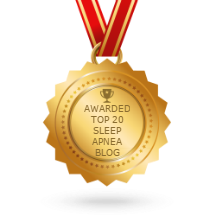
You Can Sleep Well Despite A Night Of Drinking
Heavy drinking can give you a hangover, sure, but part of the reason you feel so sluggish and worn out after a night of drinking is because you get such terrible sleep. It only takes a couple drinks to ruin your rest, but all isn’t lost. Here’s how to turn a potentially restless night into something that’s at least a little recharging.
As Timothy Roehrs and Thomas Roth of the Sleep Disorders and Research Center explain, the rebound effect is the body’s way of snapping back to normal after the alcohol that initially helped you fall asleep is processed. Instead of being drunkenly sleepy, your body snaps back to life. This makes you highly sensitive to your environment, like light coming through your window, the sound of a car horn outside, even a slight change in temperature. Once the alcohol is gone from your bloodstream, the tiniest of variables can jolt you awake, even though you know you need more rest. If you’ve ever woken up crazy early for no reason after having a few glasses of wine the night before, now you know why.
Make Your Bed Welcoming For You When You Get Home
If you head out drinking right before you know you’re going to bed, you can’t avoid these disruptions in your sleep. But if you prepare your sleeping environment before you head out, you can do a lot. For starters, remember the basics. Good sleep hygiene is even more important now. Filter out the light in your room with blackout curtains, or get a sleep mask. Set the temperature so it’s nice and cool—around 60 to 68 degrees Fahrenheit—so you don’t get too hot when you finally crawl in bed, and get some earplugs to help block out any noise in your environment.
To read the rest of this sleep related article, click here:
You can buy CPAP Machines, tubing and all of your CPAP supplies at CPAP America, 707 Mantua Pike, West Deptford, NJ 08096. Feel free to contact us at 1-800-569-0167.
You can also reach us via email here.
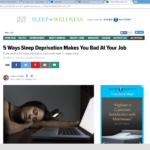
Sleep Deprivation: 5 Ways It Affects Your Work
Sleep deprivation is estimated to cost American corporations $63 billion annually in lost productivity, and yet, the idea that we must sacrifice sleep in order to succeed is still rampant in the American workplace.
Executives still wear all-nighters as a badge of honor, employees show their dedication by responding to emails at all hours of the night, and tech entrepreneurs subsist on as little as four hours of sleep a night.
But the idea that sacrificing sleep is the way to success couldn’t be more misleading. A growing body of scientific research shows, unequivocally, that losing sleep can significantly impair productivity and performance on a number of different levels. The science has also shown that getting enough rest, on the other hand, might be a real competitive advantage.
Here are five ways sleep loss is killing your productivity — and proof that getting more sleep could be the best way to get ahead in your career.
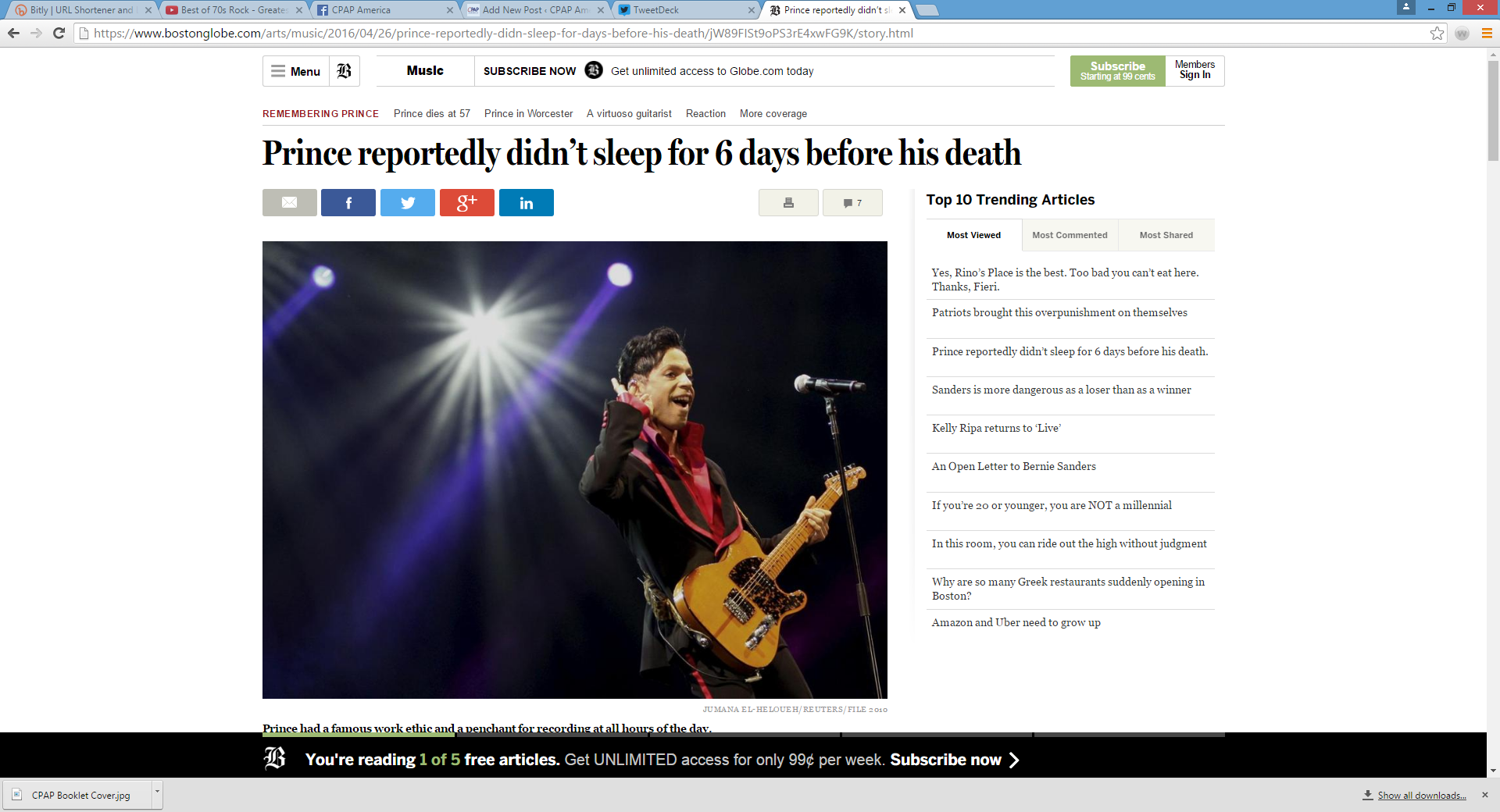
Prince: Did lack of sleep contribute to his death?
Was lack of sleep a factor in the death of Prince?
It’s been five days since the death of Prince, but the exact cause remains a mystery. A preliminary sheriff’s briefing discounted trauma and suicide, though the official autopsy report could take weeks before it becomes public. In the meantime, possible comments from Maurice Phillips, who is married to Prince’s sister, Tyka Nelson, are stoking speculation that sleep deprivation may have contributed to the musician’s death.

Can you use sleep as part of a weight-loss plan?
Getting enough sleep is essential to successful weight loss. Sleep is often overlooked by dieters, but a wealth of scientific research supports the theory that people who get little sleep are at increased risk of being overweight or obese. As a knock-on effect, poor sleep can lead people to be less active and snack more, often reaching for sugary or fatty foods as a pick-me-up. Here are a few tips from the doctor and nutritionist Laurence Plumey to improve the chances of successful weight loss.

Do You Sleep Well On Your First Night In A New Place?
When you check into a hotel room or stay with a friend, is your first night of sleep disturbed? Do you toss and turn, mind strangely alert, unable to shut down in the usual way? If so, you’re in good company.

The State Between Consciousness And Sleep
There is a brief time, between waking and sleep, when reality begins to warp. Rigid conscious thought starts to dissolve into the gently lapping waves of early stage dreaming and the world becomes a little more hallucinatory, your thoughts a little more untethered. Known as the hypnagogic state, it has received only erratic attention from researchers over the years, but a recent series of studies have renewed interest in this twilight period, with the hope it can reveal something fundamental about consciousness itself.
Traditionally, the hypnagogic state has been studied as part of the sleep disorder narcolepsy, where the brain’s inability to separate waking life and dreaming can result in terrifying hallucinations. But it’s also part of the normal transition into sleep, beginning when our mind is first affected by drowsiness and ending when we finally lose consciousness. It is brief and often slips by unnoticed, but consistent careful attention to your inner experience after you bed down can reveal an unfolding mindscape of curious sounds, abstract scenery, and tumbling thoughts.
This meandering cognitive state results from what Cambridge University researcher Valdas Noreika calls a “natural fragmentation of consciousness” and the idea that this can be tracked over the early minutes of sleep entry is the basis of recent hypnagogia research.
To read the rest of this sleep related article, click here:
http://www.theatlantic.com/science/archive/2016/04/deciphering-hypnagogia/478941/
You can buy CPAP Machines, tubing and all of your CPAP supplies at CPAP America, 707 Mantua Pike, West Deptford, NJ 08096. Feel free to contact us at 1-800-569-0167.
You can also reach us via email here.
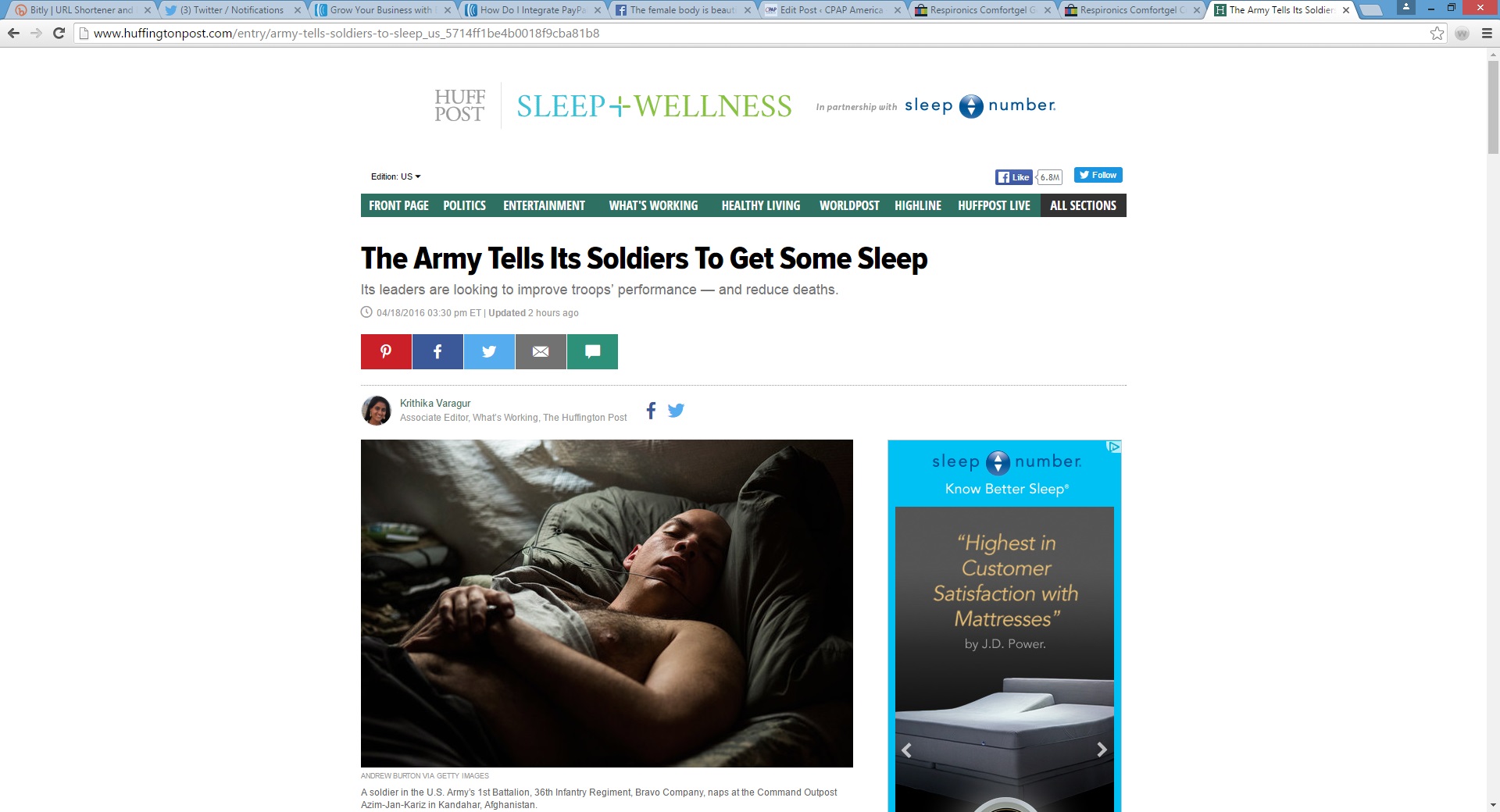
Army Looks To Improve The Sleep Of Their Soldiers
“In the Army, we do more before 9 a.m. than most people do all day” is a standard bit of military bravado. It’s as much about the discipline instilled in soldiers as it is about the fact that their strenuous training takes place under less-than-ideal health conditions — like waking up before dawn to exercise, which can create a cycle of sleep deprivation.
That’s partly why 10 percent of active duty soldiers have a diagnosed sleep disorder, and almost half have a “clinically significant” sleep disorder, according to a report the Army released last year. And fatigue was a contributing factor in 628 Army accidents and 32 soldier deaths between 2011 and 2014.
Now, the Army is trying to change its sleep culture with a wellness campaign called the Performance Triad, which is based on three pillars: nutrition, exercise and sleep.

Sleep Problems Could Foreshadow Pain Problems
Sleep Problems = Pain Problems?
For at least some groups of “emerging adults,” sleep problems are a predictor of chronic pain and worsening pain severity over time, a study suggests. The study is published PAIN, the official publication of the International Association for the Study of Pain (IASP). The journal is published by Wolters Kluwer.
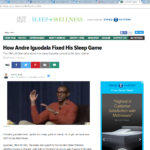
Warriors’ Andre Iguodala Stresses Sleep Importance
Warriors play hard and sleep well
If Andre Iguodala, NBA All-Star, Olympian and guard for the Golden State Warriors, hadn’t gotten his sleep game in check, he might not have won MVP in the NBA Finals.
Iguodala admitted during a Monday night talk at Stanford University with Arianna Huffington, co-founder and editor-in-chief of The Huffington Post, that he often didn’t get to bed until 4 a.m. in college, and really just took “long naps” rather than getting a full-night’s rest.
“There was a direct correlation between sleeping a certain number of hours and performing well on the basketball court,” Iguodala said.
Some of that poor sleep behavior continued when Iguodala landed in the NBA. But when he arrived at the Warriors in 2013, the team’s health director connected him with a sleep therapist. Iguodala made some changes: He removed his TV and phone from his bedroom, started doing breathing exercises and stretches before going to bed, and would read before attempting to go to sleep.

Should you change your sleeping position?
Sleeping Positions: Sweet Dreaming or Total Nightmare?
When you get in bed and cozy into your covers at night, you probably don’t put much thought into whether you’re on your side, back, or stomach. But if you snore like a bear every time your head hits the pillow or you wake up feeling stiff as a board, it might be time to switch things up at bedtime.
Here’s the scoop on the benefits and drawbacks of the most common sleeping positions.

